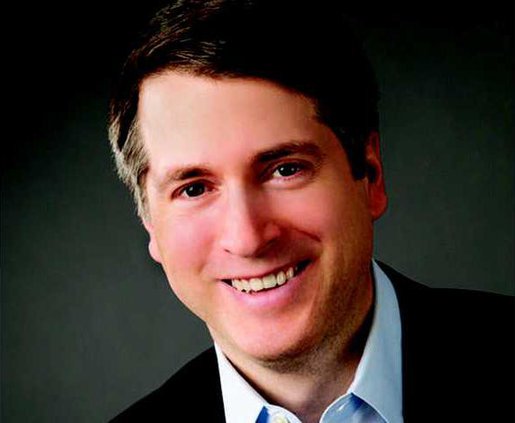Of all the arguments to make for repealing and replacing Obamacare, the very worst is that people don’t need health insurance.
Yet this is a Trump administration talking point. White House press secretary Sean Spicer recently told reporters, "When we get asked the question, ‘How many people are going to get covered?’ that’s not the question that should be asked."
Pressed on the merits of the bill by George Stephanopoulos on ABC’s "This Week," Office of Management and Budget Director Mick Mulvaney shot back, "You’re worried about getting people covered?" As if that’s a woeful mistake.
This is a strange rhetorical tack for officials in an administration led by a president who pledged to cover everyone. Nor is it substantively or political defensible. Repealing and replacing Obamacare will require every ounce of persuasiveness that Republicans can muster, especially with the Congressional Budget Office now estimating that under Trumpcare, 14 million fewer people will be insured in 2018. The early signs aren’t encouraging.
It is true that health insurance isn’t a panacea. There is an academic debate about whether having health insurance leads to longer lives, and all sorts of factors besides insurance affect health and the quality of medical care (geography, for instance, can have more of an impact on care than whether someone is insured).
Still, there is abundant evidence of the benefits of insurance. Research has found that Romneycare in Massachusetts improved measures of physical and mental health. A Rice University study of the Houston area found that people with insurance report being in better health than those who lack it.
If nothing else, insurance is protection against catastrophic health expenses and provides a sense of security.
Republicans obviously shouldn’t accept the premises of their detractors. By all means, they should hit the dubious methodology of the CBO, which vastly overestimated how many people would be covered on the Obamacare exchanges in the first place. And they should point out Obamacare’s manifest failings, including an overreliance on the deeply flawed Medicaid program and insurance exchanges that are shaky at best (the executive of Aetna recently said they are in a "death spiral").
But the best response to criticisms that Trumpcare doesn’t cover enough people is simple and more fundamental - to get the coverage numbers up. If the headline-grabbing numbers from the CBO don’t prompt the GOP to realize this, nothing will. Making the tax credit in the Republican plan more generous further down the income scale would be a start.
President Trump’s promises about universal coverage aren’t achievable, but to lurch in the other direction and dismiss the significance of health insurance is politically poisonous.
At its best, the Trump phenomenon pointed to a GOP more grounded in the economic realities of working-class life. It is remarkable, then, that the first major legislative priority out of the box is being sold, in part, in stereotypically Republican terms, and by Trump’s own team.
Before going further down this road, they should think about why Trump, with his keen gut-level political instinct, never told audiences or interviewers that he’d be fine with fewer people having insurance, and adjust their rhetoric and their plan accordingly.

